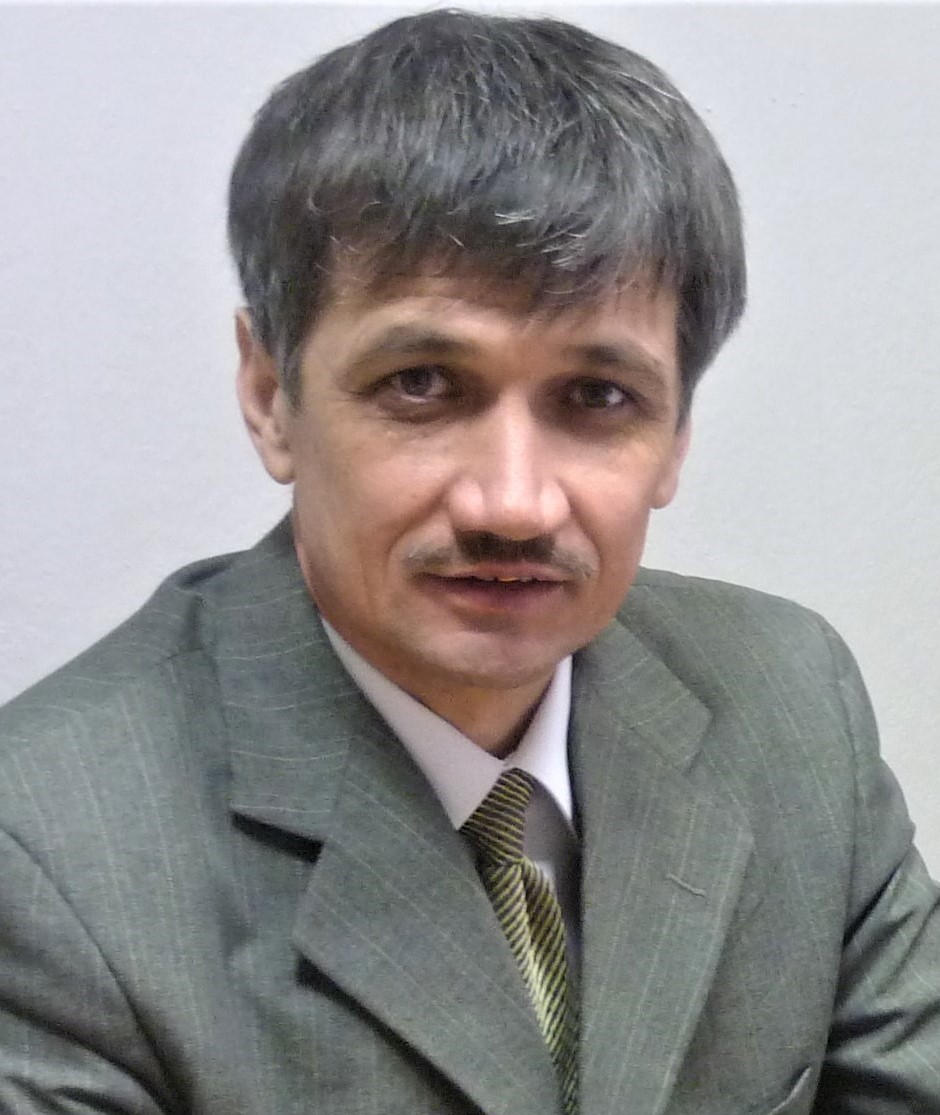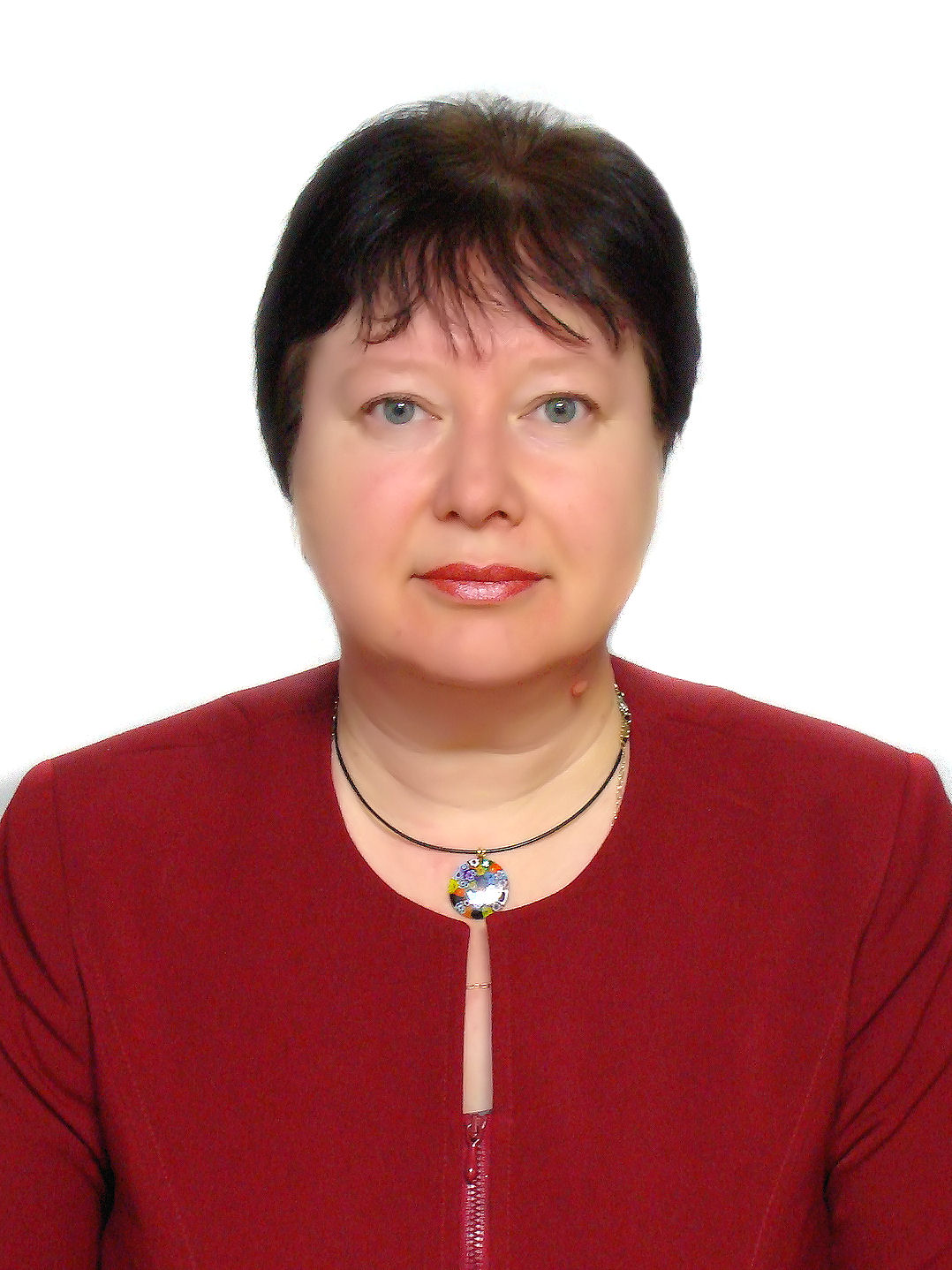The article examines the confessional situation, as well as the transformation of religion and religious practices at the present stage, using the example of the Chuvash village of Kosh-Elga in the Bizhbulyak district of the Republic of Bashkortostan. Religious practices are considered in historical dynamics, starting from the last quarter of the 18th century. In addition, the influence of the parish and the church on the religion of the villagers and their ritual culture is shown: calendar and funeral and memorial rituals. The study showed that the religious situation in the village during the 18th –20th centuries developed in the direction of a gradual transition from paganism to Orthodoxy. The Chuvash settlers who settled on the Bashkir lands, although they were considered new Baptists, were actually adherents of the old, i.e., pagan religion. After the construction of the temple in the last quarter of the 19th century in the religion and religious practices of the villagers, Orthodox-pagan syncretism began to strengthen and assert itself. With the strengthening of the role of the Russian Orthodox Church in the first decades of the 21st century, there was a pronounced turn of the villagers towards Orthodoxy. This is reflected of their ethno-confessional identity and social activity. Nevertheless, the activation of the parish's activities and religious life is limited, since the number of active adherents of Orthodoxy is a small part of the population. However, despite the dominance of Christian traditions, the religious life of the population is largely determined by practices (rituals, behavioral preferences and models) that go back to the pagan or Chuvash religion. This aspect of religiosity manifests itself most vividly in funeral-memorial and calendar rites.
Keywords: Chuvash, religion, religious practices, customs and rites, South Urals, Kosh-Elga, Orthodox Church, paganism, Orthodoxy, religious syncretism
DOI: 10.22250/2072-8662.2021.4.106-116
About the authors
 |
Igor G. Petrov – PhD (History), Leading Scientific Researcher at the Department of Ethnography, |
 |
Ekaterina А. Iagafova – DSc (History), Professor, Head of the Chair of Philosophy, History and the Theory of World Culture; Samara State University of Social Sciences and Education; 59 Gorkogo str., Samara, 443099, Russia; This email address is being protected from spambots. You need JavaScript enabled to view it. |






